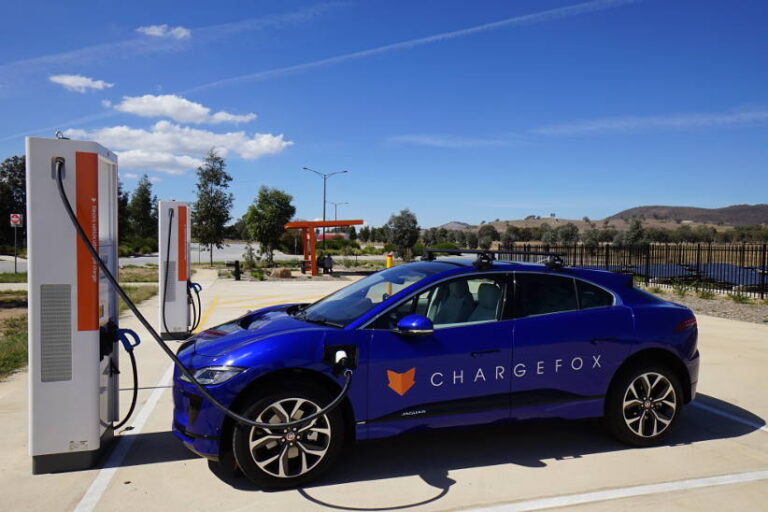– By Caroline Falls –
Fleet Auto News asked car manufacturers some questions about readiness to supply electric vehicles into NSW following the state government’s new policy to incentivise take-up of the lower-emission vehicles.
Hyundai, Nissan, Daimler-Mercedes Benz, Kia, Toyota, Subaru and Jaguar Land Rover responded, though none answered one of the key questions: Do you think sales of as many as 25,000 EVs is possible in 2020-21?
We asked that question because that’s the number of vehicles NSW said it would subsidise starting from September 2021. One of the key planks of the EV policy, announced on June 20, is for a $3,000 rebate for 25,000 EVs priced under $68,750.
“The 25,000 available subsidies is a plan for accelerating uptake over the next couple of years,” said Nissan Motor Company Australia. “We expect to see an uplift in EV sales as a result of this announced set of actions. Nissan have LEAF available for sale in Australia today, with the line-up recently expanded to include the new longer range LEAF e+.”
There’s no doubt the car makers were excited and encouraged by the announcement.
“We’ve seen government incentives stimulate adoption rates in advanced markets overseas and the NSW EV Strategy is at world best-practice levels in that regard,” Hyundai Motor Company Australia Chief Operating Officer John Kett said in a statement. Hyundai’s Kona Electric and Ioniq AE qualify for the $3000 rebate.
Subaru which doesn’t yet have any electric vehicles on sale said the NSW Government’s EV policy encouraged it to consider models for sale in Australia. Subaru presently has plans to introduce its first EV in 2022 — the Solterra — into North America, Europe and Japan.
Toyota noted that the new funding announcement “includes support for fuel cell electric vehicles and will further encourage the development of hydrogen infrastructure in Australia”. Toyota in April 2021 launched its all-new Mirai Fuel Cell Electric Vehicle (FCEV) in Australia, leasing 20 of them to various organisations. The new Mirai is a five-seat, rear-drive, sedan that uses an hydrogen fuel cell powertrain. Toyota introduced the Prius hybrid 20 years ago and now has hybrid powertrains in seven vehicle lines.
Another key plank in the state government’s EV policy is a $171 million promise to build an EV charging infrastructure spanning the state, including some $130 million for fast chargers and $40 million for chargers in commuter car parks and at popular regional tourist sites.
Jaguar Australia, whose only EV model in Australia — the I-Pace — is priced above the cut-off for direct incentives, is nevertheless happy with the new policy.
“We do warmly welcome the NSW governments investment in new charging infrastructure, which includes ultra-fast and destination chargers,” the company said in response to our questions.
Other key points in the NSW EV policy include:
- Stamp duty waived for all EVs price below $78,000
- Respite from road user charges (2.5c/km) until mid 2027, or until EVs comprise 30 percent of new car sales
- EV access to commuter transit lanes
- $33m to help transition NSW Government fleet to EV by 2030.
Nissan said the actions of the NSW Government set a strong pathway for the state and will create greater demand for EVs. “It is this greater demand that ultimately assists in making a stronger business case for new models and more choice into the future,” said Emily Fadeyev, spokesperson for Nissan Australia.
However, she added, “It is one jurisdiction. Ideally we would like to see coordinated action at a national level, or at least harmonisation within the other states, to form a stronger and more cohesive national outlook.”
— Caroline Falls has been contributing to Fleet Auto News since 2015. She is a freelance writer and can be contacted at carolinefalls@gmail.com







